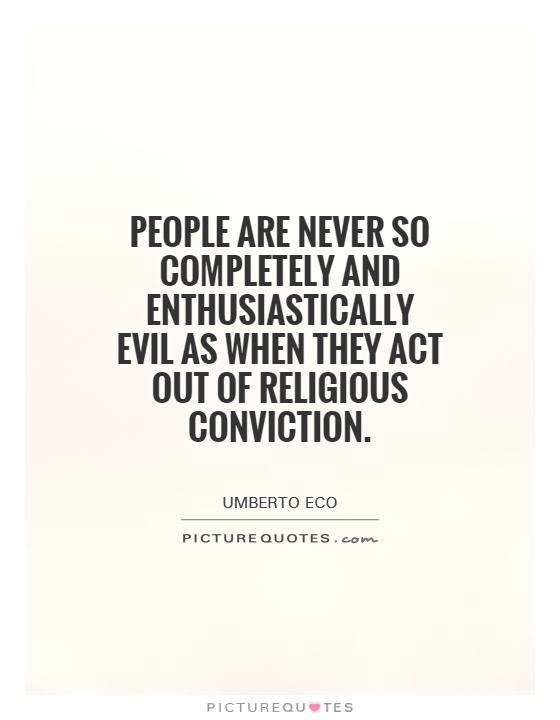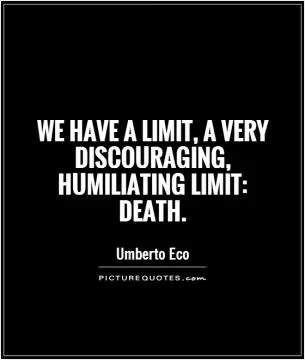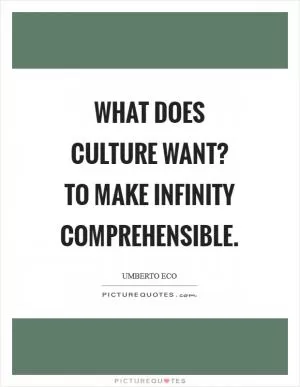People are never so completely and enthusiastically evil as when they act out of religious conviction

People are never so completely and enthusiastically evil as when they act out of religious conviction
Umberto Eco, the renowned Italian novelist and philosopher, was known for his deep insights into human nature and the complexities of belief systems. In his works, Eco often explored the dark side of religious conviction and the ways in which it can lead people to commit acts of great evil.One of Eco's most famous novels, "The Name of the Rose," delves into the fanaticism and violence that can arise from religious fervor. Set in a medieval monastery, the novel follows the investigation of a series of murders that occur within the walls of the abbey. As the protagonist, William of Baskerville, unravels the mystery, he uncovers a web of deceit, power struggles, and religious zealotry that ultimately leads to tragedy.
Eco's exploration of the dangers of religious conviction is particularly relevant in today's world, where we continue to see acts of violence and extremism carried out in the name of religion. From terrorist attacks to hate crimes, the influence of religious beliefs on human behavior can be both profound and destructive.
One of the key themes that Eco explores in his work is the idea that people are never so completely and enthusiastically evil as when they act out of religious conviction. This notion is echoed in the real world, where history is replete with examples of atrocities committed in the name of religion. From the Crusades to the Spanish Inquisition to the Salem witch trials, the annals of human history are filled with instances of religious zeal leading to violence, persecution, and oppression.
Eco's warning about the dangers of religious fanaticism serves as a powerful reminder of the need for tolerance, understanding, and critical thinking in our interactions with others. By recognizing the potential for evil that lies within all of us, we can strive to overcome our prejudices and biases and work towards a more peaceful and harmonious world. As Eco himself once said, "We are all capable of believing things which we know to be untrue, and then, when we are finally proved wrong, impudently twisting the facts so as to show that we were right. Intellectually, it is possible to carry on this process for an indefinite time: the only check on it is that sooner or later a false belief bumps up against solid reality, usually on a battlefield."












 Friendship Quotes
Friendship Quotes Love Quotes
Love Quotes Life Quotes
Life Quotes Funny Quotes
Funny Quotes Motivational Quotes
Motivational Quotes Inspirational Quotes
Inspirational Quotes